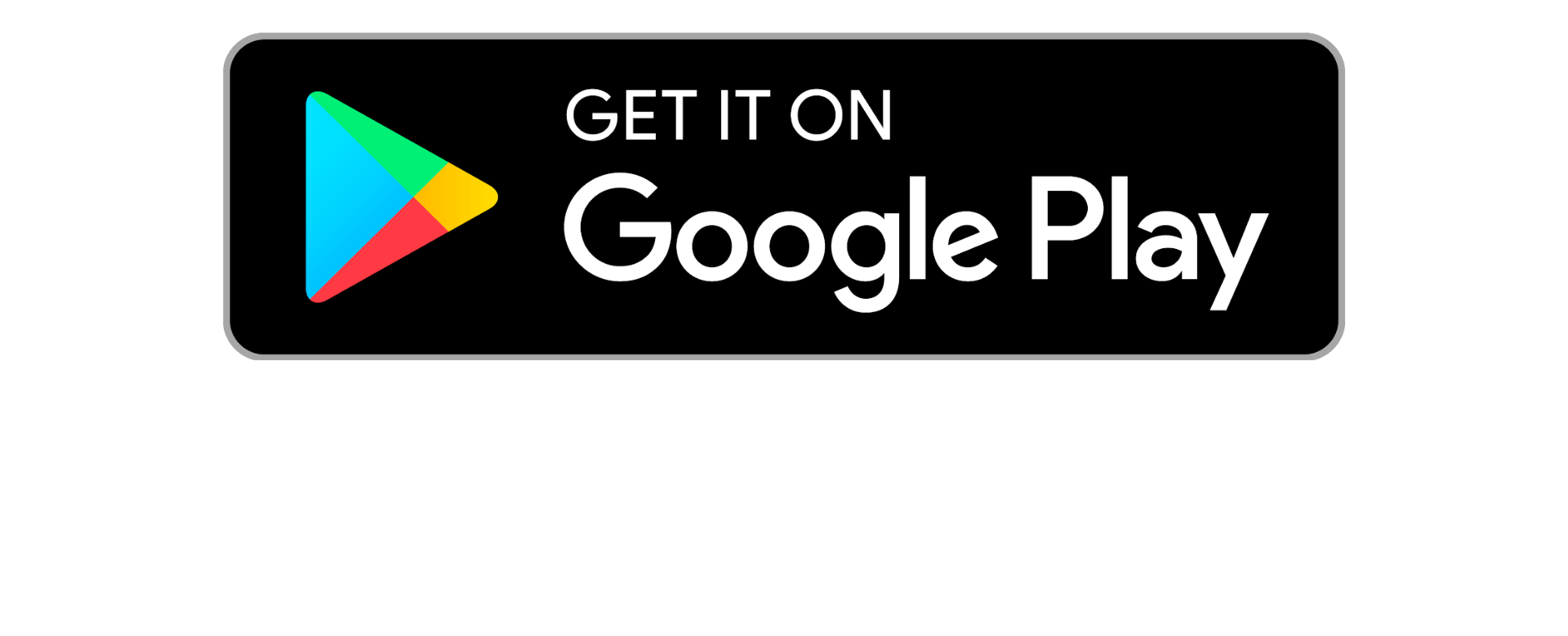Fun and pranks
A journey through the history and traditions of April 1st
The first of April, also known as April Fools' Day, is a day in many parts of the world when you can surprise friends, family and colleagues with jokes and pranks. This tradition has a long history and is practiced differently in many countries. In this blog post, we would like to take a closer look at the history, meaning and execution of April Fools' Day pranks and share some examples from countries around the world.
The history of April 1st
The origins of April 1st and April Fools' Day are controversial, but there are various theories as to how this tradition came about. One theory is that April 1 dates back to the calendar change when January 1 was not yet universally recognized as New Year's Day. Some countries had their New Year's Day at the beginning of spring or on the winter solstice date, which in some parts of Europe was March 25. In some cases, the New Year began on April 1 and it was customary to send gifts and invitations on this day and make fun of who had forgotten that the New Year had begun. This may have led to April 1st becoming a day of pranks, mistakes and confusion.
Another theory refers to a legend according to which April Fools' Day was invented by the French. During the reign of King Charles IX, the beginning of the year was changed from April 1st to January 1st. However, some people refused to accept the change and stuck to April 1st as New Year's Day. Other people began to tease these people by giving them false gifts or sending them into the labyrinth of Versailles.
Regardless of the exact origin, the tradition of April Fools' Day pranks has spread around the world and has become a fun and entertaining part of the cultural heritage in many countries.
Meaning of April 1st and April Fool's jokes
April 1st and April Fools' Day is first and foremost an opportunity to entertain friends and family and give them a break from routine. It is also an opportunity to connect with others and share common experiences and traditions. For some people, April 1 can also be a day to express their opinions and beliefs in a humorous way. Political satire or ridicule can be particularly successful on April 1st and find public amusement. Of course, there are also people who can find April Fools' Day pranks annoying or even harassing. In these cases, it is important to ensure that the joke is not offensive or hurtful and that all parties can laugh about it.
Execution of April Fools' pranks
April Fools' pranks can be as simple or elaborate as you like. Some people prefer to play a small prank, such as putting a wrong date on the calendar, while others plan a more elaborate prank, such as faking an eviction from their home. In some countries, there are traditional April Fools' pranks that recur year after year. In France, for example, it is customary to throw pieces of fish at someone if you are pulling their leg. In the UK, newspaper journals often publish funny articles with fake stories. Some of the most elaborate April Fools' pranks come from the media, when newspapers, radio stations or television channels broadcast fake news stories to cause confusion. A well-known example is a radio report broadcast by the British Broadcasting Corporation in 1957 stating that a severe drought in southern England had caused spaghetti trees to shed their crops.
Examples from countries around the world
As already mentioned, there are various April Fools' Day traditions in many countries around the world. Here are some examples:
- In New Zealand, it is customary to send someone a "boomerang" - a package with nothing inside that is to be returned.
- In Russia, there is a tradition of making fake laces in someone's shoes with Nutella.
- In Brazil, the first of April is known as "Dia da Mentira" or Liars' Day. It is common for the media to spread false stories.
- In Japan, there is a tradition of "earthquake instigators", where friends and family of a victim call and say that an earthquake is imminent.
- In Mexico, people like to play pranks by sending false messages to friends and family that they have won an incredible prize, such as a house or a car.
April 1st and April Fools' Day pranks are a fun and entertaining tradition that has spread around the world. They are an opportunity to socialize with others, entertain friends and family, and break the routine. However, it is important to bear in mind that some people may find April Fools' Day pranks awkward or harassing. It is therefore advisable to ensure that the joke is not offensive or hurtful and that all parties can laugh about it. Regardless of whether you want to play a simple or elaborate joke, April 1st is a day to come up with ideas and express your creativity.






